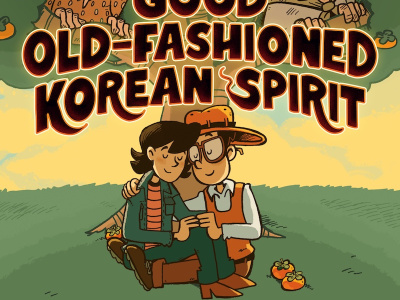Confessions of a Comic Book Guy is a weekly column by retailer Steve Bennett of Mary Alice Wilson's Dark Star Comics in
There's precious little to admit to this week, but...
Last Tuesday I saw comedian Dave Chappelle on the streets of Yellow Springs and when I told him Marvel's Civil War #4 was finally arriving the next day he shook my hand. While this was certainly the most positive response we received, we didn't get much in the way of negative reactions; the consensus being, born out by the sales, the comic was (more or less) worth the wait.
Likewise after calling up all those people who had preordered Anita Blake #1, we found they didn't seem to mind waiting just a little bit longer because of the Dabel Bros. deal with Marvel. But I hope just because the sky didn't fall this doesn't give creators or publishers the idea that these kinds of delays are in any way acceptable.
Yes, art takes time and yes comics is an art form but ultimately anything bought and sold is first and foremost (to buyers and sellers especially) a product. There's plenty of time to appreciate and evaluate the product after it's arrived, but until that happens it's probably a good idea no one forgets it's one all of our livelihoods depends on.
Hopefully that will be my final word on the subject.
After the fact it occurs to me I may have come off as more than a little hostile towards soap operas (i.e. daytime dramas) last week when I wrote about the impending crossover between The Mighty Avengers and The Guiding Light. I didn't really mean to be so dismissive of them, seeing as how I'm old enough to remember rushing home from Junior High to watch Dark Shadows (talk about dating oneself).
I also suggested there was no chance of making soap watchers into comic book readers, as if their viewership was still entirely comprised of the classic stereotype of middle aged women unable to distinguish between the actors and their characters.
And it's not like soap operas are still exclusively about romance and heartache; ever since the 70s science fiction/action/adventure plotlines have been a staple for their storylines, including spies, death rays and super villains. Take Days of our Lives' Stefino DiMera, who in spite of being a world class international criminal mastermind with minions and everything, devotes the bulk of his energies to making the lives of a couple of Midwestern families hell; talk about a classic case of low self esteem.
Soaps have also shown a great propensity for picking up on popular fads and trends and comics now are certainly popular (the last time comics were this popular, the mid 1990s, the sit-coms Mad about You and Dharma and Greg both aired episodes in which their female leads were turned into super heroines).
So upon reflection, plenty of their viewers might be willing to pick up a comic for the first time, if given a good enough reason, like following some of the characters from their favorite TV drama. And given that the modern super-hero comic book is a fusion of soap opera and professional wrestling, well, they might discover the medium strangely familiar.
Finally, I just have to comment on Platinum Studios' purchase of drunkduck.com. For quite some time Platinum has tried to steward comic properties into movies and television without much success or actually publishing anything. But now they claim to have found a new model for publishing anything which accomplishes something businessmen have dreamt about since the birth of capitalism; eliminating the middleman (meaning us). They'll do this by not actually publishing comics then, even better, not paying the creators of the comics.
OK, that's not 100% accurate; Platinum has said they've every intention of eventually publishing comics conventionally and that the Web is only the first 'window' for the material; trade paperbacks will follow. Plus creators can expect to be paid 10% of the adjusted revenue of downloads of comics to cell phones and iPods, not to mention the merchandise. But when it comes to money upfront or a piece of the ad revenue that's generated, no way.
So after so many crash and burns of so many new comic book companies (Cross-Gen anyone?), Platinum has found a model that doesn't require them to spend a lot of their capital upfront to keep their new characters in print for years while waiting for a white knight in the form of Hollywood to arrive in the form of movie/TV deals. And for the creators, well, they're getting a chance of getting their material out there, and at least the possibility of eventual fame and fortune from their work.
People have already overwhelmingly proven their willingness to buy something even after getting it for free (music, movies, television shows, etc.) so there's no reason why this shouldn't work. So, maybe I'm over-thinking what amounts to a win-win situation for everyone. As a retailer, this really isn't a threat to direct comic shops.
But as someone who used to write comics I can't say I'm excited by the idea of people being asked to create comics for what amounts to spec; it's a bandwagon other publishers would undoubtedly love to jump on -- if they could get away with it.







